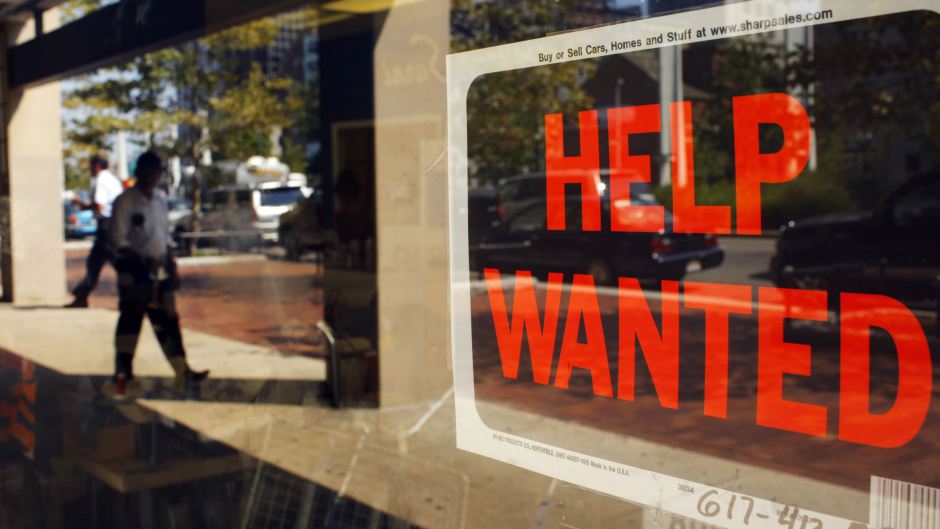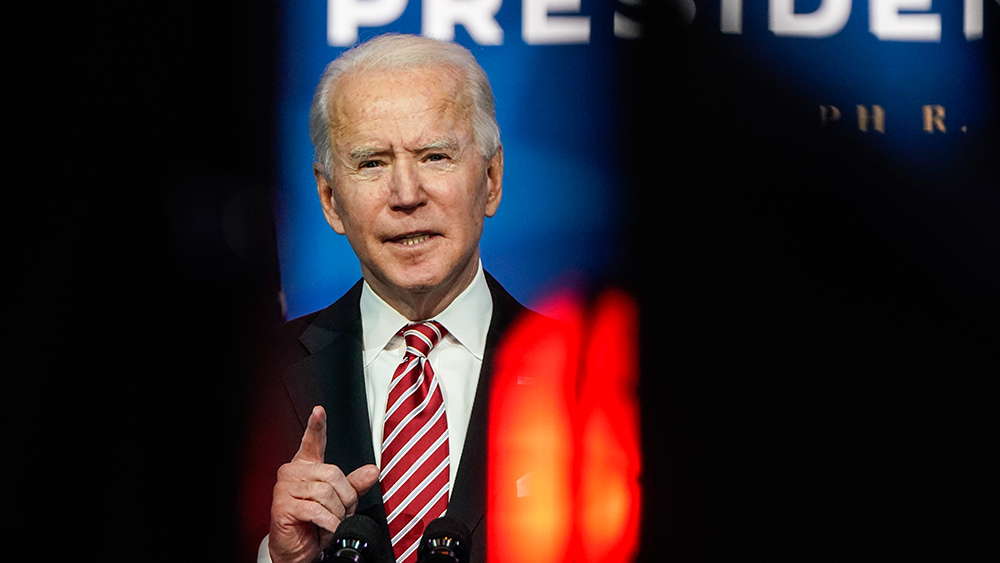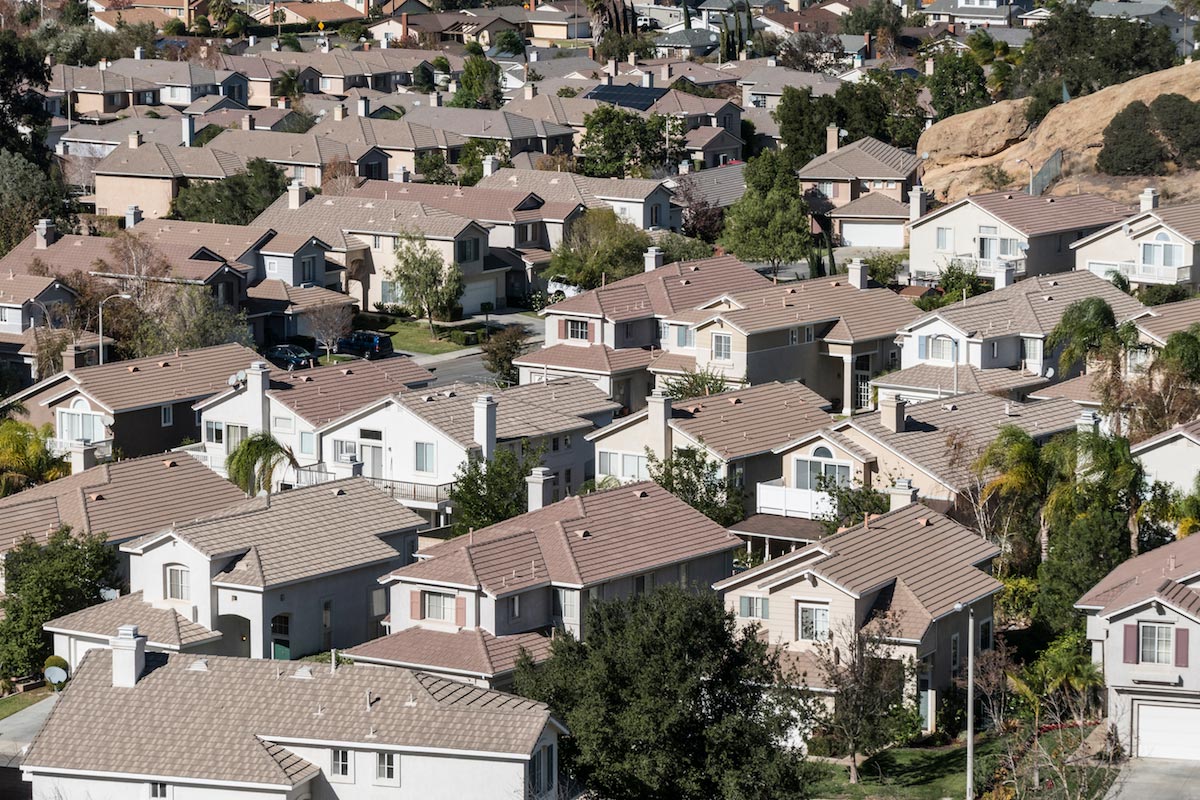Chamber of Commerce: Labor shortage plaguing businesses nationwide is worsening
06/08/2021 / By Nolan Barton

A Chamber of Commerce report released Tuesday, June 1, warned that a recent labor shortage plaguing businesses nationwide is worsening. The Chamber’s report described the situation as a “national economic crisis.”
According to the report, the United States had a record 8.1 million vacant job openings in March – the last month where data was available. It was an increase of 600,000 from February.
Some states have more job openings than workers
The Chamber found that there “are approximately half as many available workers for every open job,” or 1.4 available workers per job opening, across the country and that “the ratio continues to fall.” The organization noted that there were 2.8 available workers per job opening on average in the previous 20 years.
“In several states and several industries, including hard-hit sectors like education and health services as well as professional and business services, there are currently fewer available workers than the total number of jobs open,” the Chamber wrote, adding that more than 90 percent of local Chambers of Commerce have reported that worker shortages are hurting their economies.
The states with the lowest worker availability rate include Vermont, Nebraska and South Dakota. All three states had a ratio of less than 1.
The report also pointed to an underwhelming April jobs report released by the federal Bureau of Labor Statistics, which found that just 266,000 jobs were created. Analysts had expected that more than 1 million would be created.
“Even with 9.7 million unemployed at the beginning of April, workers’ reluctance to return to work [and fill open positions] was one reason for the lackluster job creation,” the Chamber wrote. “Another could be that employees know just how easy it is to get a new job.”
Some employers and economists cite enhanced unemployment benefits as one of the biggest factors for labor shortages. Under relief bills passed by Congress, those receiving jobless benefits during the coronavirus (COVID-19) pandemic get an additional $300 a week on top of regular state benefits, which average $318 a week, according to the Department of Labor.
That means the average unemployment recipient earns better than the equivalent of working full time at $15 an hour. A University of Chicago study found 42 percent of those on benefits receive more than they did on their prior jobs. The enhanced benefits are available until September 6.
In the past several weeks, close to two dozen GOP-led states have decided to opt-out of the federal unemployment program. Republicans have criticized the provision, saying that it is creating an incentive for people not to work.
Companies, state governments offer incentive to encourage people to work
The severity of the issue was highlighted in April when a McDonald’s franchise owner in Tampa, Florida, authorized paying people $50 to show up for job interviews but still struggled to find employees.
Last month, Fox5 New York reported that McDonald’s raised pay at 650 company-owned stores in the U.S. as part of its push to hire thousands of new workers in a tight labor market. The fast-food giant has also encouraged its franchisees, which make up 95 percent of its nearly 14,000 stores in the country, to boost pay.
Chipotle, Taco Bell, and others offer lucrative perks such as cash bonuses, raises, and education benefits to attract new staff. (Related: Nobody wants to work: Labor shortage holds back restaurant industry as states ease pandemic restrictions.)
Some chains are turning to large-scale hiring events to screen swaths of candidates at once. IHOP hosted a “National Recruiting Day” on May 19 to fill some of its 10,000 openings. The open positions include a variety of part- and full-time opportunities across all 1,600+ restaurants in the IHOP system.
In April, Taco Bell hosted hiring parties at 2,000 stores nationwide to hire 5,000 employees. The fast-food chain converted parking lots into job fairs. Some candidates had “drive-up interviews” from their cars. Taco Bell also added new benefits for managers at company-owned stores.
Also in April, McDonald’s locations in Texas held a three-day hiring event to fill up 25,000 openings. Whataburger, which is looking to hire 50,000 new employees, extended perks to existing employees and hosted a free virtual leadership conference on April 21.
State governments are also doing their share to encourage residents to rejoin the labor force. Arizona, Montana, New Hampshire and Oklahoma reportedly authorized a return-to-work bonus between $500 and $2,000.
“We’re going to use federal money to encourage people to work instead of paying people not to work,” Republican Arizona Gov. Doug Ducey said in May.
Follow Pandemic.news for more news and information related to the coronavirus pandemic.
Sources include:
Tagged Under: Chamber of Commerce, chaos, Collapse, coronavirus, covid stimulus, covid-19, economy, fast food chain, fast-food giant, hiring party, job opening, jobs, labor market, labor shortage, national economic crisis, pandemic, risk, small business, unemployment, unemployment benefits, welfare state
RECENT NEWS & ARTICLES
COPYRIGHT © 2017 RISK NEWS

















